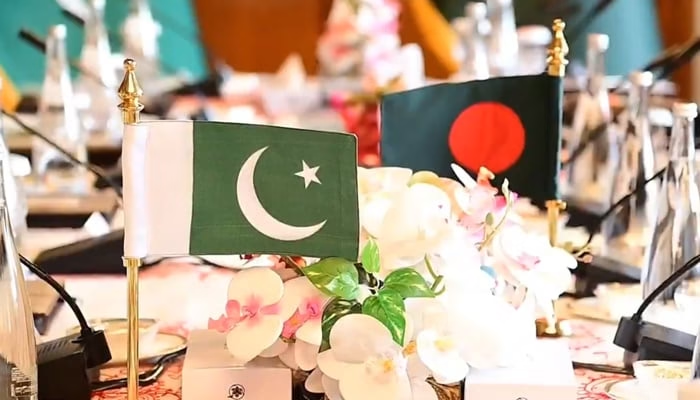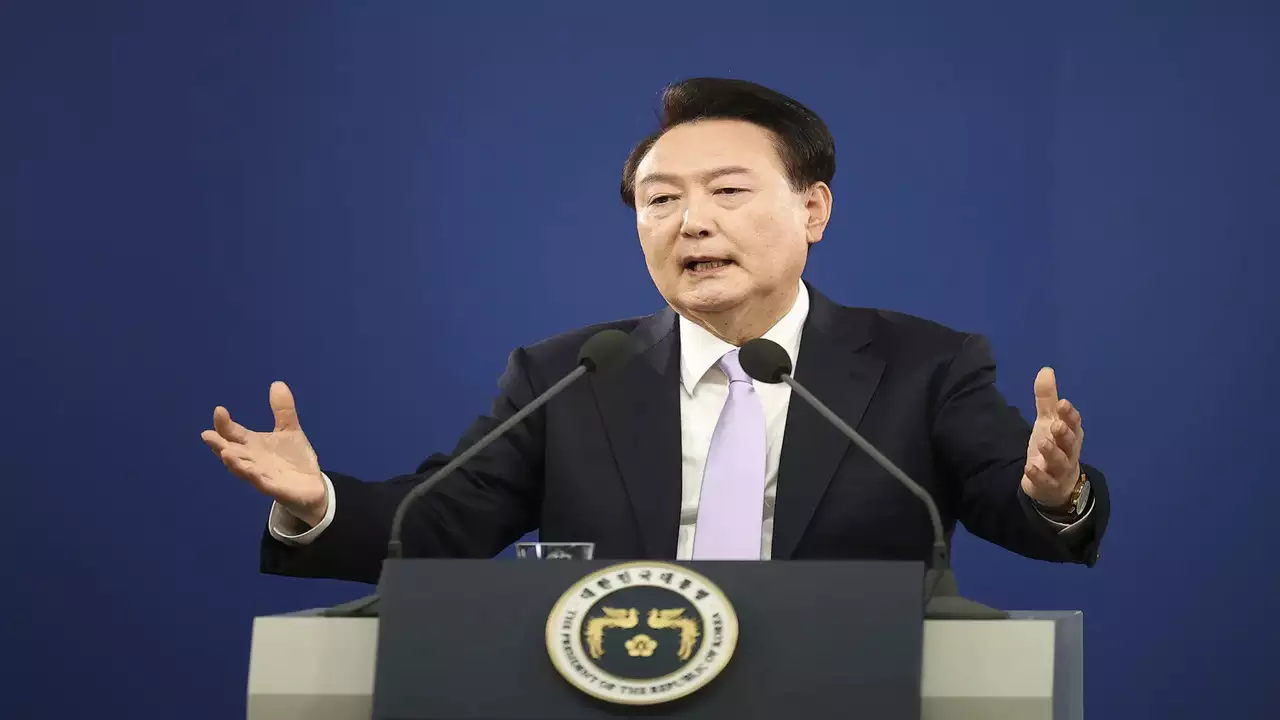Pakistan-Bangladesh relations have taken a positive turn as both nations reaffirmed their commitment to deepen bilateral ties during Deputy Prime Minister and Foreign Minister Senator Ishaq Dar’s two-day official visit to Dhaka from August 23 to 24, 2024. The meetings, held with top Bangladeshi leadership, reflected a spirit of warmth and goodwill, showcasing the desire of both countries to work together for peace, stability, and prosperity in South Asia.
A New Chapter in Bilateral Engagement
Dar met Bangladesh’s Foreign Affairs Adviser Touhid Hossain and Chief Adviser Professor Muhammad Yunus, conveying Prime Minister Shehbaz Sharif’s greetings. The Bangladeshi Ministry of Foreign Affairs described the meetings as constructive and friendly, highlighting the shared intent to build stronger Pakistan-Bangladesh relations through dialogue and sectoral engagements.
The discussions covered a wide range of issues including trade, investment, education, health, energy, agriculture, connectivity, and disaster management. Both sides acknowledged the need for regular diplomatic dialogue to unlock untapped potential across these sectors.
Expanding Economic and Commercial Ties
Hossain underscored the importance of enhancing economic and commercial engagement to fully utilize the complementarities of both economies. He noted that the private sector could play a vital role in this process.
Both governments expressed satisfaction over progress in simplifying visa processes, improving maritime connectivity, and resuming direct air links — steps that could significantly boost people-to-people contact and trade. With Bangladesh emerging as one of Asia’s fastest-growing economies and Pakistan seeking to diversify its trade partnerships, strengthening Pakistan-Bangladesh relations could offer mutual economic benefits.
Education and Knowledge Exchange Initiatives
Education formed a key part of the talks. Dar announced the launch of the Pakistan-Bangladesh Knowledge Corridor, under which Pakistan will award 500 scholarships to Bangladeshi students for higher studies over the next five years. A quarter of these scholarships will be allocated to the field of medicine, a step likely to strengthen health sector cooperation between the two nations.
Beyond scholarships, Pakistan offered to provide advanced medical treatment, including limb replacement for 40 individuals, many of whom were students injured during the July uprising in Bangladesh. These initiatives underline how Pakistan-Bangladesh relations are evolving beyond diplomacy into areas of direct human development.
Cultural and Sports Cooperation
Sports and cultural exchanges were also discussed as tools to strengthen ties. Pakistan offered to train Bangladesh’s hockey team, a gesture reflecting goodwill and shared commitment to enhancing people-to-people connections. Such collaborations have the potential to foster mutual understanding between the younger generations of both countries.
Shared Stance on Regional and Global Issues
The two sides also exchanged views on key international issues. Both Pakistan and Bangladesh strongly condemned the ongoing atrocities in Gaza, labeling them genocidal acts and grave violations of human rights by Israeli forces. They called on the international community to act urgently to secure a permanent ceasefire and stressed the need for a viable sovereign Palestinian state based on 1967 borders with East Jerusalem as its capital.
Beyond Palestine, Pakistan-Bangladesh relations were reaffirmed in their commitment to work together in Saarc, the OIC, the United Nations, and other multilateral forums. Their cooperation in these organizations will likely focus on promoting peace, stability, and development across the region.
Unlocking South Asia’s Potential
South Asia remains one of the least economically integrated regions in the world, despite having a combined population of nearly two billion. Stronger Pakistan-Bangladesh relations could pave the way for enhanced regional cooperation, particularly in areas like trade, connectivity, and energy. According to the World Bank, South Asia loses significant growth potential due to limited intra-regional trade, which accounts for less than 5% of total trade in the region. Strengthened ties between Dhaka and Islamabad could help shift this trend.
At the conclusion of the meetings, Dar extended an invitation to Hossain to visit Islamabad, signaling the desire to maintain momentum in Pakistan-Bangladesh relations. Both sides expressed hope that enhanced cooperation would contribute positively not only to bilateral ties but also to peace and prosperity in the broader South Asian region.
The recent engagements between Pakistan and Bangladesh mark a renewed effort to move beyond the past and build a future founded on mutual respect, shared interests, and regional cooperation. By focusing on trade, education, cultural exchanges, and joint stances on global issues, Pakistan-Bangladesh relations are entering a new chapter. If these commitments are followed through with concrete actions, they could help unlock vast potential for both nations while contributing to peace and stability across South Asia.



